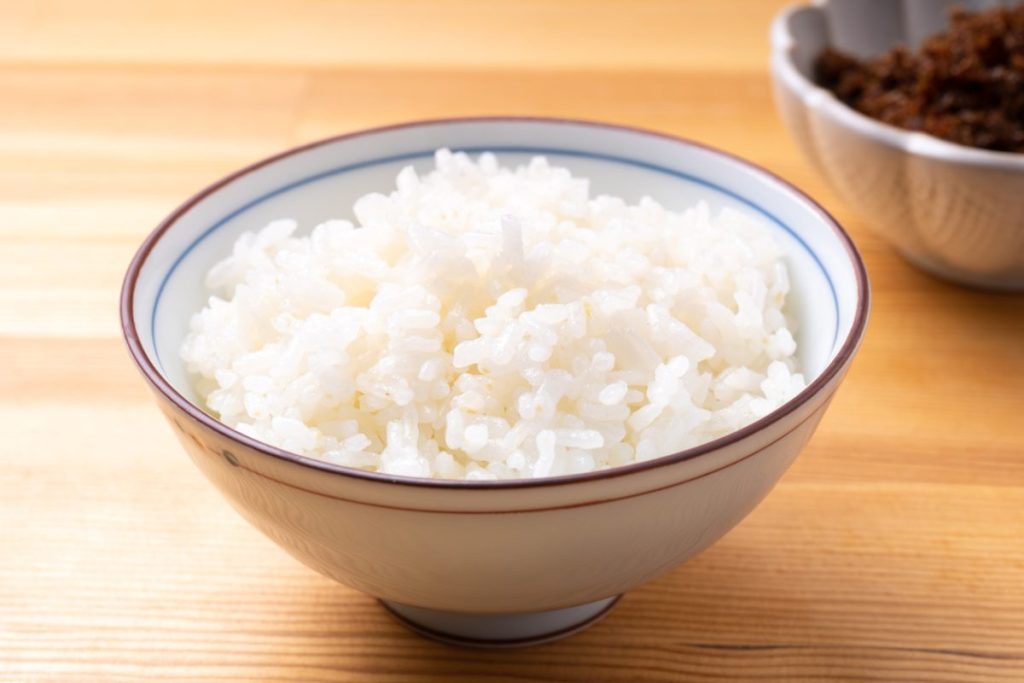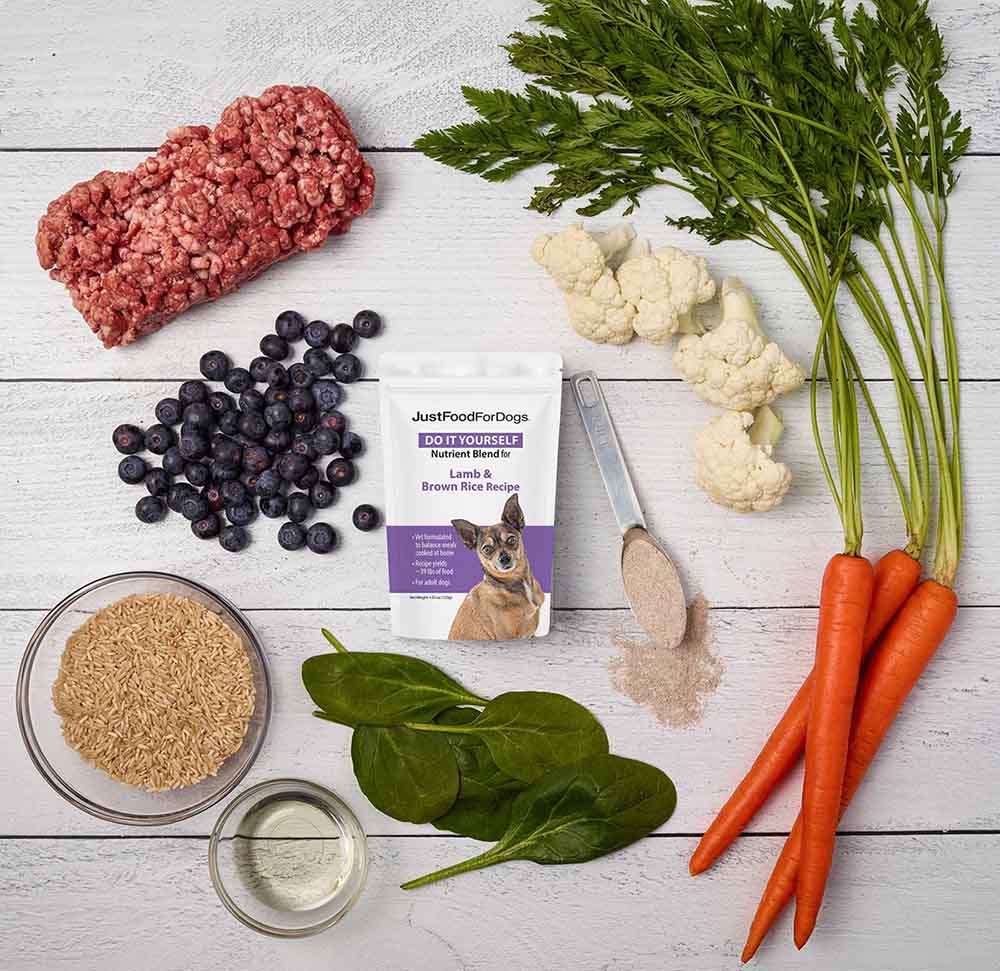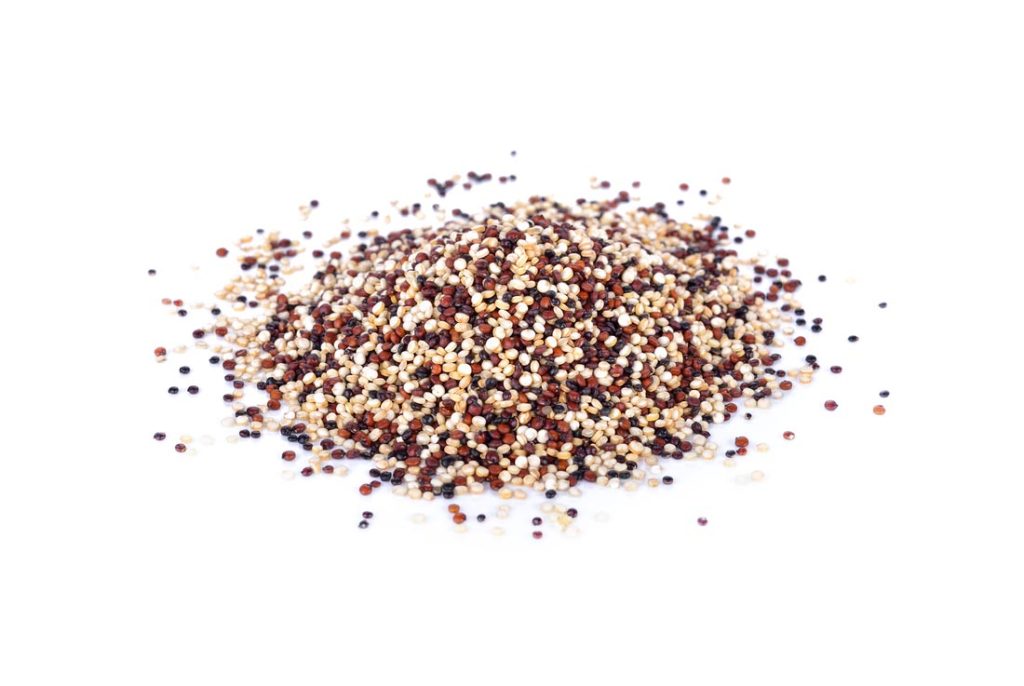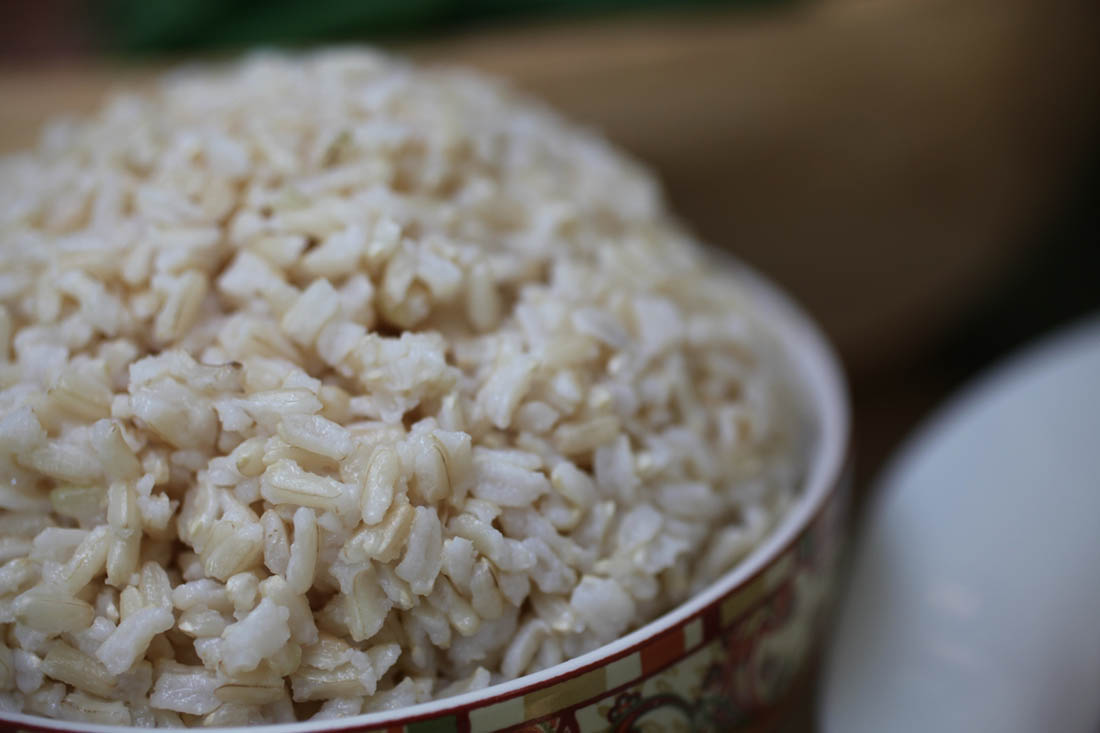Can dogs eat brown rice? Yes, dogs can eat brown rice! The nutritional benefits of this whole grain make it an excellent choice for high-quality carbohydrates in dog food. If you’re looking for a healthy, natural superfood that can help boost your pet’s health, read on to learn more about the benefits of brown rice.
Is Brown Rice Good For Dogs?
Brown rice isn’t just safe for dogs, it’s a great addition to any dog’s diet! It can be found as a key ingredient in lots of pet food, and feeding rice to your dog gives them health benefits like high fiber content, healthy carbs, and tons of vitamins and minerals.
The best way for pet parents to share these healthy grains with their dogs is by serving them plain, cooked rice without any seasonings or ingredients.
Can Dogs Eat White Rice?

Yes, dogs can eat white rice. Though white rice can be filling, it has a lot less nutritional value than brown rice. White rice is, however, much more gentle on a dog’s stomach, and is often recommended for dogs with an upset stomach.
Is Brown Rice Better Than White Rice?
The two most common types of rice are generally brown and white. Both are 100% gluten-free. The main difference between brown rice and white rice is that brown rice contains the whole grain. White rice gets refined and the bran and germ are removed, making it able to cook faster and be easier to digest.
White rice has a higher glycemic index than brown rice, meaning it has a stronger effect on blood sugar levels. The higher fiber content in brown rice keeps your dog fuller longer and avoids stomach issues like constipation. That’s why JustFoodForDogs uses brown rice as a healthy ingredient in many of our meals, including our lamb and brown rice recipe made with zero preservatives or growth hormones.
Health Benefits of Brown Rice for Dogs

Brown rice can benefit your dog’s health in a number of ways. Brown rice isn’t just a healthy carbohydrate, it’s also full of fiber, vitamins, minerals, and more that every dog needs for a well-balanced diet.
Fiber
Fiber is one of the most important nutrients in a dog’s diet. Most kibble contains fiber in the form of cellulose, but brown rice is a great whole-food form of fiber for dogs. It helps pups maintain a healthy digestive system and prevent issues like constipation or loose bowel movements.
Fiber is also important for managing diabetes in dogs, and getting enough fiber helps your dog feel full while still promoting healthy digestion.
Vitamins & Minerals
Brown rice is full of vitamin D which helps dogs retain calcium, B vitamins like riboflavin and thiamine for energy production, and niacin for healthy skin and proper digestion. It also contains magnesium for strong bones, muscle function, and a healthy heart.
Antioxidants
Brown rice contains selenium which serves as a type of antioxidant for dogs and is important for metabolism and reproduction. It also has a high content of manganese, a nutrient dogs need for healthy bones, hormone production, glucose regulation, and nerve function.
Carbohydrates
As a source of dietary fiber, carbohydrates help your dog maintain good gastrointestinal health. Brown rice provides your dog with the carbohydrates necessary for them to produce energy naturally. Their bodies need glucose to do this and if they can’t get it from carbohydrates, they’ll start pulling amino acids from elsewhere in the body.
Other Good Sources of Carbohydrates for Dogs

- Whole Grain Oats are a great source of fiber for healthy digestion as well as vitamins and minerals for dogs. They contain iron, zinc, and B vitamins that help keep a dog’s skin and coat healthy.
- Whole Wheat is a good nutrient source of protein and fatty acids for dogs, promoting cognitive health, heart health, and strong immune systems.
- Quinoa is full of protein for dogs and contains all nine amino acids as well as plenty of dietary fiber.
- Barley is a good source of essential vitamins and minerals for dogs like magnesium, phosphorus, and selenium.
- Potatoes are easily digestible and provide dogs with a good source of energy. They also contain vitamin C, B6, and magnesium for healthy bones.
- Sweet Potatoes are low in fat and high in fiber. They’re full of vitamins, antioxidants, and fiber and potassium dogs need for supporting heart health.
- Apples aren’t just healthy carbs, they’re also packed with vitamins, minerals, and fiber. They also help keep your dog’s teeth clean and healthy and may help freshen breath.
How Much Brown Rice Should My Dog Eat?
Most healthy dogs don’t struggle to digest and process brown rice, but it is important to remember that too much of anything is no good.
A balanced diet for dogs contains about 30% carbohydrates. Some dogs may require more and some dogs less depending on age, size, breed, and other health factors. Commercial dog foods typically contain 40-60% carbohydrates from sources like grains, potatoes, veggies, and corn.
Adding brown rice to a dog’s meal that’s already high in carbohydrates can make their stomach upset in the short term, and can lead to weight gain or higher blood sugar levels long term.
When To Avoid Brown Rice For Dogs
While brown rice is generally a healthy grain for most dogs, there are times when it may not be the best choice for your pup. Here are some of the times when you may not want to share brown rice with your dog.
Dogs With Upset Stomachs
You’ll want to stick with plain white rice if your dog is experiencing gastrointestinal issues like upset stomach, vomiting, or diarrhea. Brown rice is tougher to digest when your furry friend isn’t feeling well. A bland diet of lean meat and white rice helps your dog get back to feeling themselves quickly.
Dogs With Diabetes
While considered pretty healthy, brown rice is a whole-grain carbohydrate that converts to sugar in the body. While a lot of that sugar gets converted to energy, excess glucose can be dangerous for dogs with diabetes or weight issues. Dogs with diabetes or on a grain-free diet aren’t among those who will benefit from brown rice.
This content is for informational use only and does not replace professional nutrition and/or medical advice, diagnosis, or treatment. It is not a substitute for and should not be relied upon for specific nutrition and/or medical recommendations. Please talk with your veterinarian about any questions or concerns.
